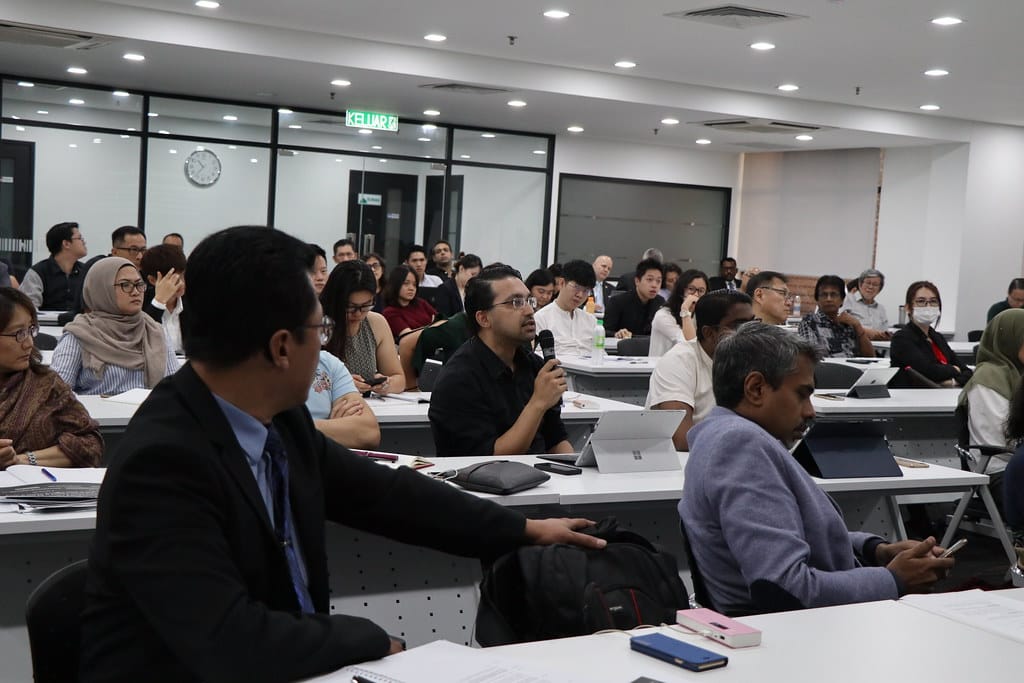Digital Evidence Revolution: How Gmail Records Secured a $23.2 Million Wrongful Death Verdict
In a groundbreaking case that highlights the evolving role of digital evidence in modern litigation, a Virginia jury awarded $23.2 million in damages for a wrongful death lawsuit, with Gmail server records playing a pivotal role in securing the verdict. This landmark decision underscores how electronic communications have become crucial weapons in the legal arsenal, potentially transforming how wrongful death cases are prosecuted and defended.
The Case That Changed Digital Evidence Standards
The wrongful death lawsuit centered on allegations of medical malpractice, where family members claimed that negligent care led to their loved one's preventable death. While wrongful death cases typically rely on medical records, expert testimony, and witness accounts, this case broke new ground by leveraging Gmail server evidence to establish a compelling timeline of events and communications.
The plaintiff's legal team subpoenaed Google for Gmail server records, uncovering a treasure trove of communications between healthcare providers, administrators, and other key parties. These digital breadcrumbs painted a detailed picture of what transpired before, during, and after the critical medical incident.
How Gmail Evidence Shifted the Balance
Establishing Timeline and Intent
The Gmail records provided investigators with precise timestamps and unedited communications that proved instrumental in establishing the sequence of events. Unlike handwritten notes or verbal recollections that can be disputed or forgotten, email metadata and server logs offered irrefutable evidence of when communications occurred and who was involved.
Court documents revealed that the Gmail evidence included:
- Internal communications between medical staff discussing the patient's condition
- Time-stamped exchanges that contradicted official medical records
- Messages that suggested awareness of potential complications
- Administrative emails that revealed institutional knowledge of systemic issues
Uncovering the Digital Paper Trail
Perhaps most significantly, the Gmail evidence exposed communications that might never have surfaced through traditional discovery methods. Healthcare providers' personal Gmail accounts contained discussions about the case that revealed concerns, admissions, and strategic communications that painted a starkly different picture than what appeared in official medical documentation.
Legal Implications for the Digital Age
Setting New Precedents
This $23.2 million verdict represents more than just a significant financial award—it establishes important precedents for how digital evidence can be obtained, authenticated, and presented in wrongful death cases. Legal experts predict this case will encourage attorneys to pursue similar digital discovery strategies in future litigation.
"This verdict demonstrates that in today's interconnected world, the truth often lives in our digital communications," explains Sarah Mitchell, a digital forensics expert who has testified in hundreds of cases. "Email servers maintain records that can provide unprecedented insight into decision-making processes and institutional knowledge."
Privacy vs. Justice
The successful use of Gmail evidence also raises important questions about privacy expectations in professional communications. While healthcare providers may have assumed their personal email accounts were private, this case demonstrates that relevant communications can be subject to legal discovery when they relate to patient care and potential negligence.
Broader Impact on Wrongful Death Litigation
Enhanced Discovery Strategies
This verdict will likely prompt attorneys to expand their discovery requests to include:
- Personal email accounts of healthcare providers
- Social media communications
- Text messages and instant messaging platforms
- Cloud storage services and shared documents
- Mobile device data and metadata
Institutional Changes
Healthcare institutions are already beginning to adapt their communication policies in response to this and similar cases. Many are implementing stricter guidelines about discussing patient care through personal email accounts and are investing in more secure, compliant communication platforms.
Key Takeaways for Legal Professionals
The $23.2 million Gmail evidence verdict offers several crucial lessons for the legal community:
Digital evidence is now indispensable: Modern litigation must embrace comprehensive digital discovery strategies to uncover the complete story behind wrongful death allegations.
Authentication matters: Successfully presenting digital evidence requires proper authentication procedures and expert testimony to establish the reliability and admissibility of electronic records.
Privacy boundaries are evolving: Personal communication platforms are increasingly subject to legal discovery when they contain relevant evidence, regardless of users' privacy expectations.
This landmark case signals a new era in wrongful death litigation, where the digital footprints we leave behind may ultimately determine justice for grieving families. As our professional and personal lives become increasingly intertwined with digital communications, the legal system is adapting to ensure that electronic evidence can serve the cause of truth and accountability.
